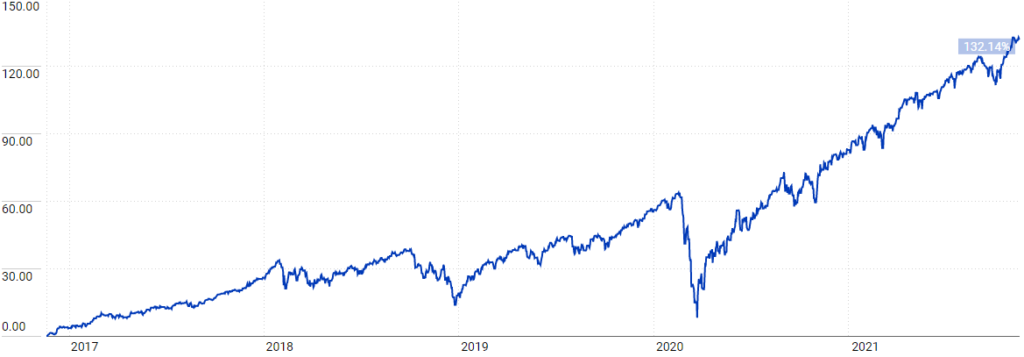There are a growing number of DIY investment platforms surfacing of late. DeGiro and now Bux (or Bux Zero) offer would-be investors a direct and low-cost route to market.
It is now possible with a few clicks of a mouse to begin buying and trading a wide variety of shares and managed funds (including exchange traded funds) that would have taken weeks to set up a few years ago. Of course, being what they are, opening such accounts still require the submission of proof of identification needed as part of anti-money laundering (AML) legislation.
Open ocean
Gaining access to stock, bonds and managed funds is a lot like buying a boat for the first time; it can satisfy a personal ambition, but the navigation of the system takes knowledge, skill and patience. This is where a lot of people can quickly become overwhelmed. Many lack the investment knowledge to make informed investment decisions. Which stock to buy, which managed fund to select. How long they should hold onto an investment. What the tax implications will be where a profit is generated. It’s all a maze at best and for many, it can even feel like a minefield.
Understanding risk…and personal limits
It’s important for anybody starting out investing for the first time to have a basic understanding of the essentials to success. For example, why is that person investing? Are they are looking to put a low yield savings account to work? Or it could be to sell some underperforming shares that no longer earn their keep. For others, it might be their mistaken belief this is the best way of planning their retirement (there are far more effective options available). Far too often, people wrongly believe the stock market will deliver riches when the reality is it takes graft, skill and knowledge to be successful. Luck also plays a role! Through the DIY approach, the sky may seem to be the limit in terms of potential for returns but it is also the limit in terms of risk and potential for losses too!
Diversification and time remain keys to success
Managed funds containing a broad mix of assets can offer a more practical option to deliver results over the medium to long-term. Stocks on the other hand carry naturally high risk that require constant monitoring. Plus, the rise of the meme-stock trend, where fiction and agendas sometimes replace performance and facts can see stock prices see-saw massively causing price whiplash even seasoned investors may find unnerving.
Hybrid investment approach
For novice investors, just because the DIY option is there doesn’t mean it is the best option. Learning the basics of investing is a must! Which funds to buy into will be a challenge, especially with so many to choose from. Here, one should seek out funds that offer a mix of historical performance, broad diversification, and an equitable fee arrangement. As for stocks, they are categorised as high-risk for a reason!
Frank Conway is Founder of MoneyWhizz.org – the financial literacy initiative.


Comments are closed.